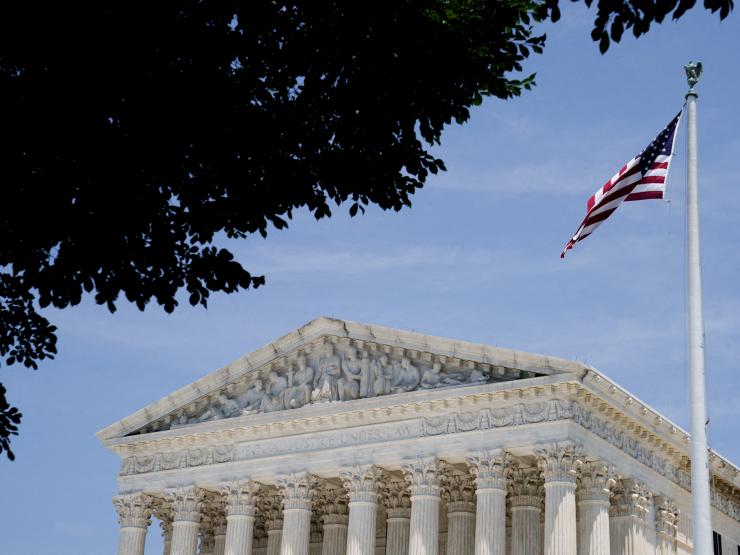Multiple religious freedom advocates and religious broadcasters in the US have shown their support for lawsuit challenging discrimination in the industry.
They have rallied behind the National Religious Broadcasters Noncommercial Music License Committee in a pivotal legal battle against the US government.
The case, which has now been brought before the Supreme Court, highlights alleged discrimination against religious broadcasters who are subjected to significantly higher online music streaming rates compared to their secular counterparts at National Public Radio (NPR).
The controversy centres around a ruling by the US Copyright Royalty Board, upheld by the US Court of Appeals for the DC Circuit in July.
It mandates that religious noncommercial webcasters, once they surpass a listener threshold of 218, must pay royalty rates 18 times higher than those applied to secular NPR stations.
Attorneys from the Christian legal group, ADF International, argue that this disparity suppresses religious speech online, infringing upon the Religious Freedom Restoration Act (RFRA) and the First Amendment.
John Bursch, ADF senior counsel, criticised the government's stance: “The government punishes noncommercial religious broadcasters above a modest listener threshold by making them pay a license fee more than 18 times higher than NPR stations. This unlawful discrimination forces some noncommercial religious stations to stay small and restrict their listener reach so they can afford to stream online.
“The Copyright Royalty Board is violating federal law and the U.S. Constitution, and we, along with other religious freedom advocates, are urging the Supreme Court to side with religious liberty and free speech.”
The Copyright Royalty Board’s decision is part of a five-year statutory license review determining royalty payment rates for copyrighted songs streamed over the internet.





